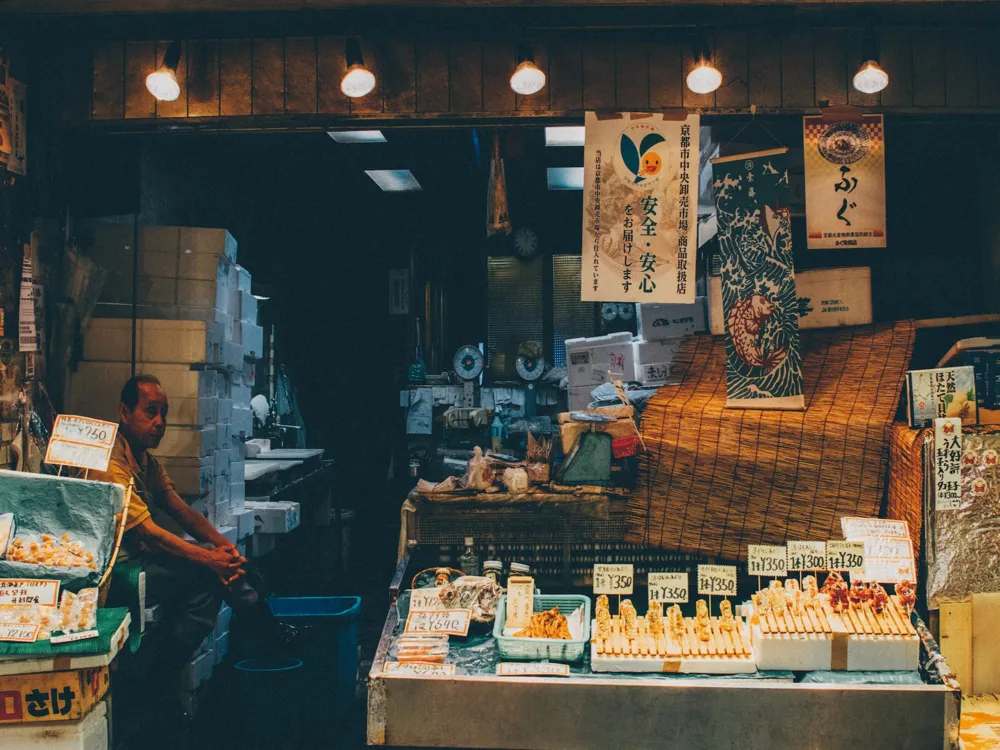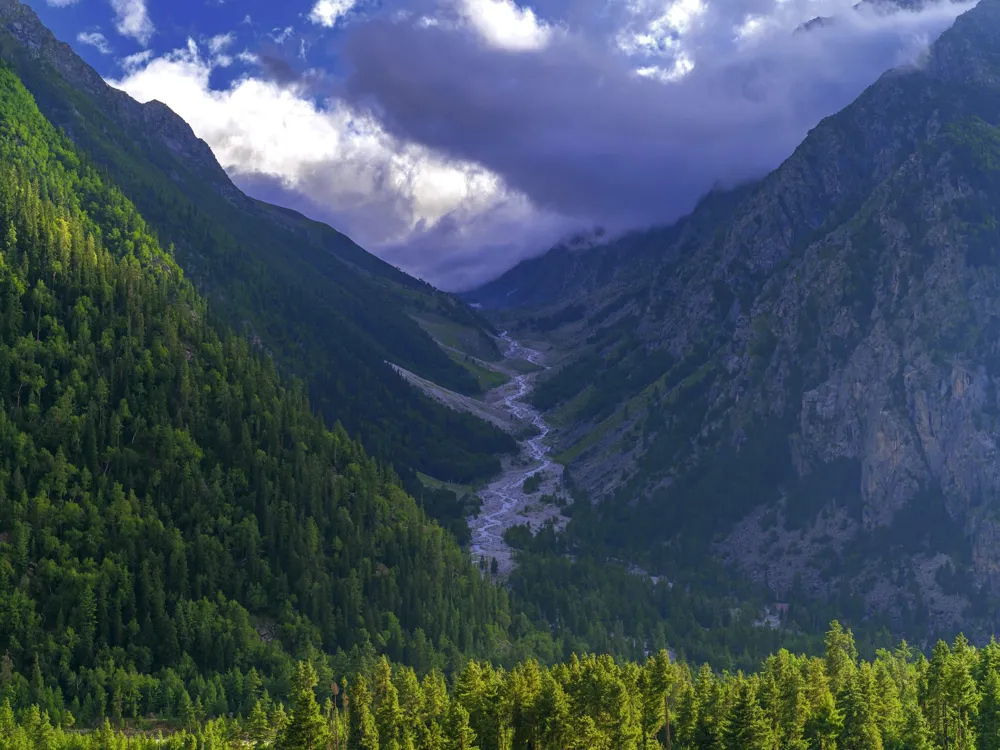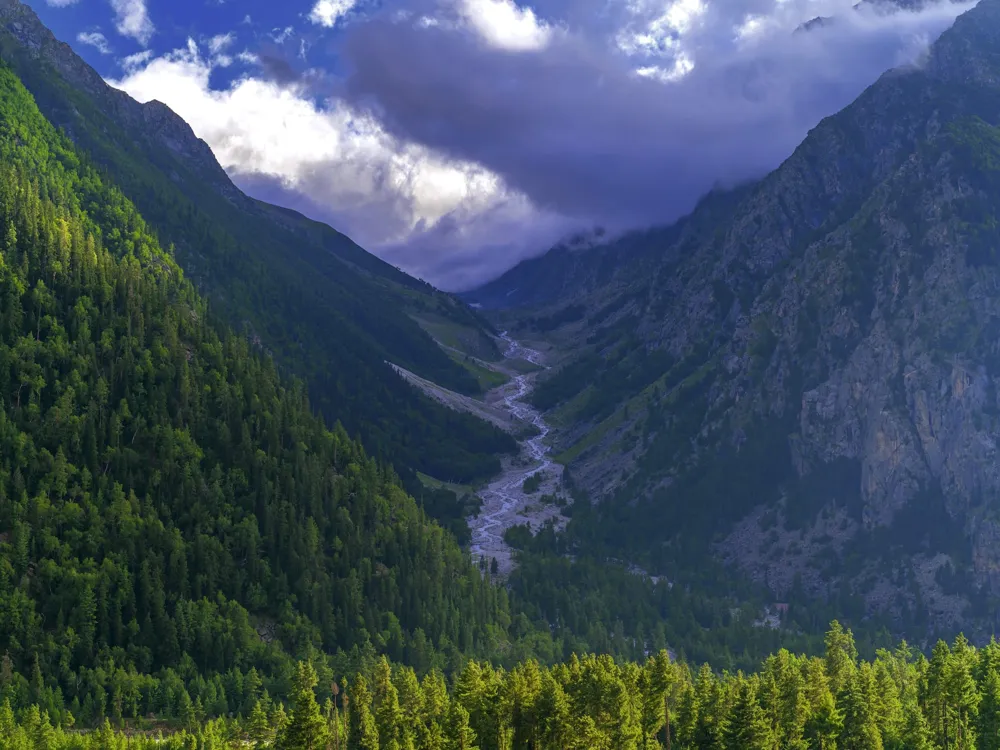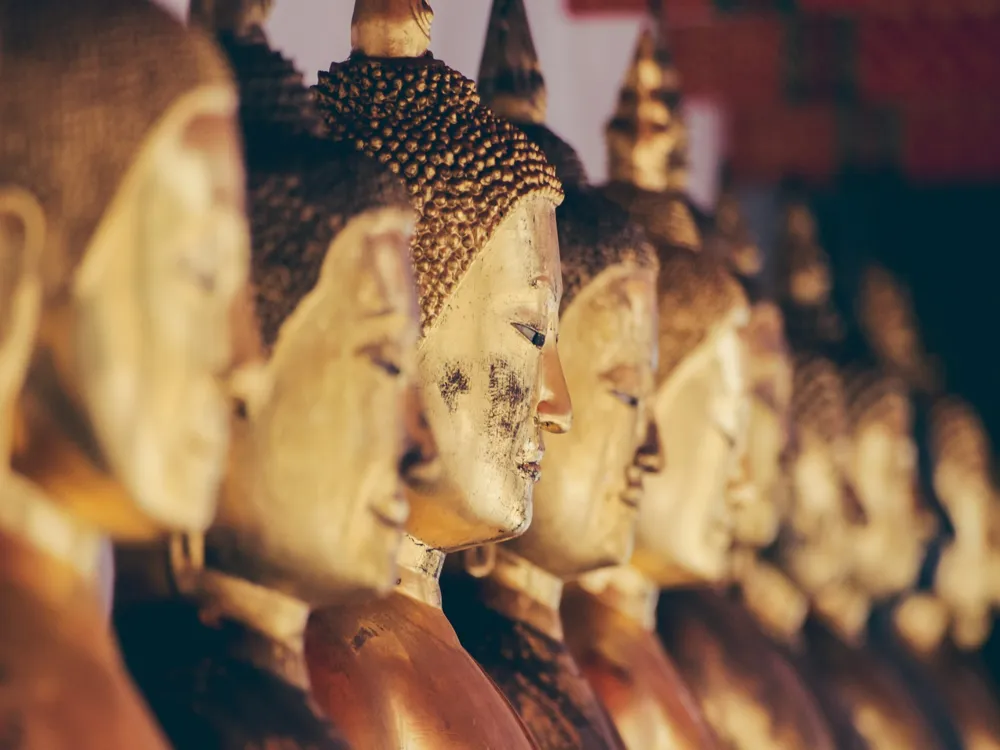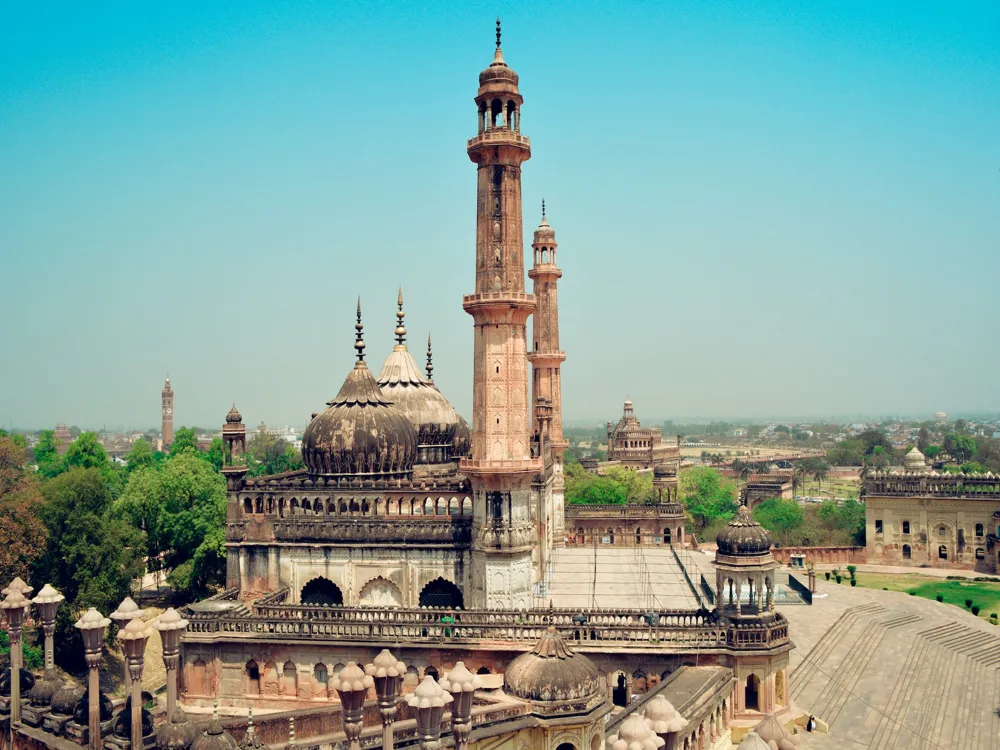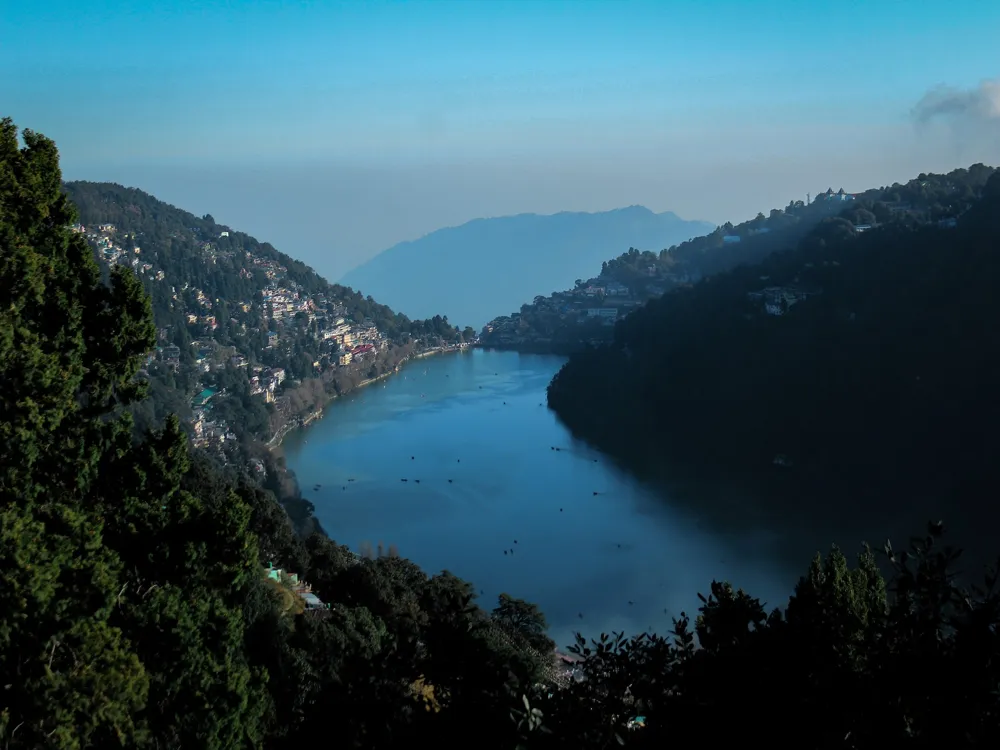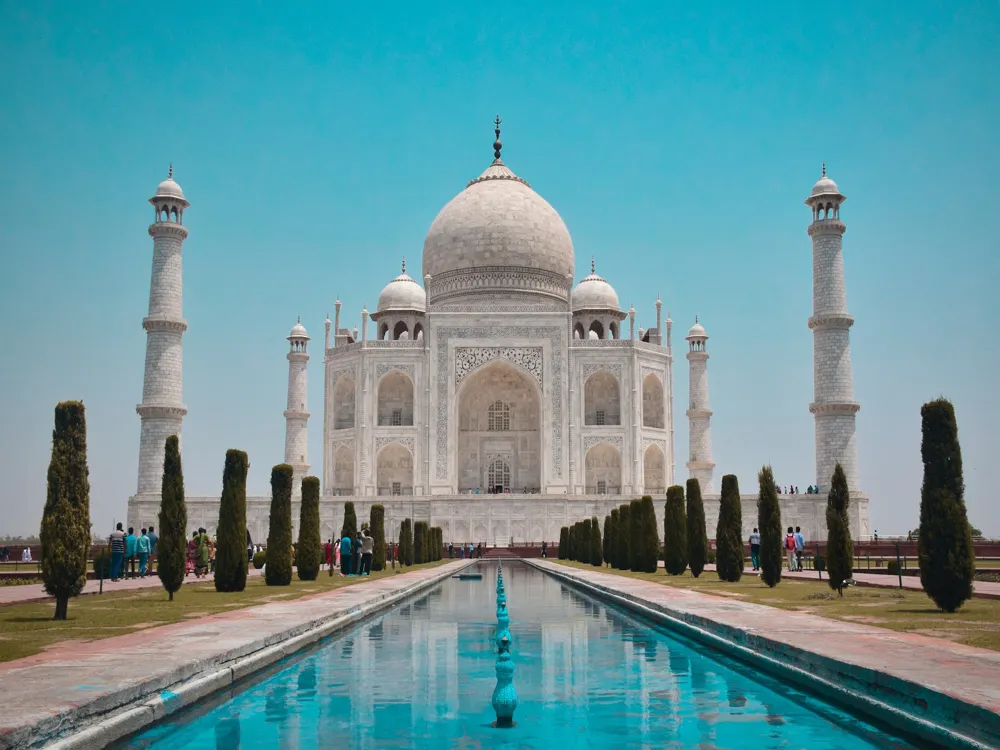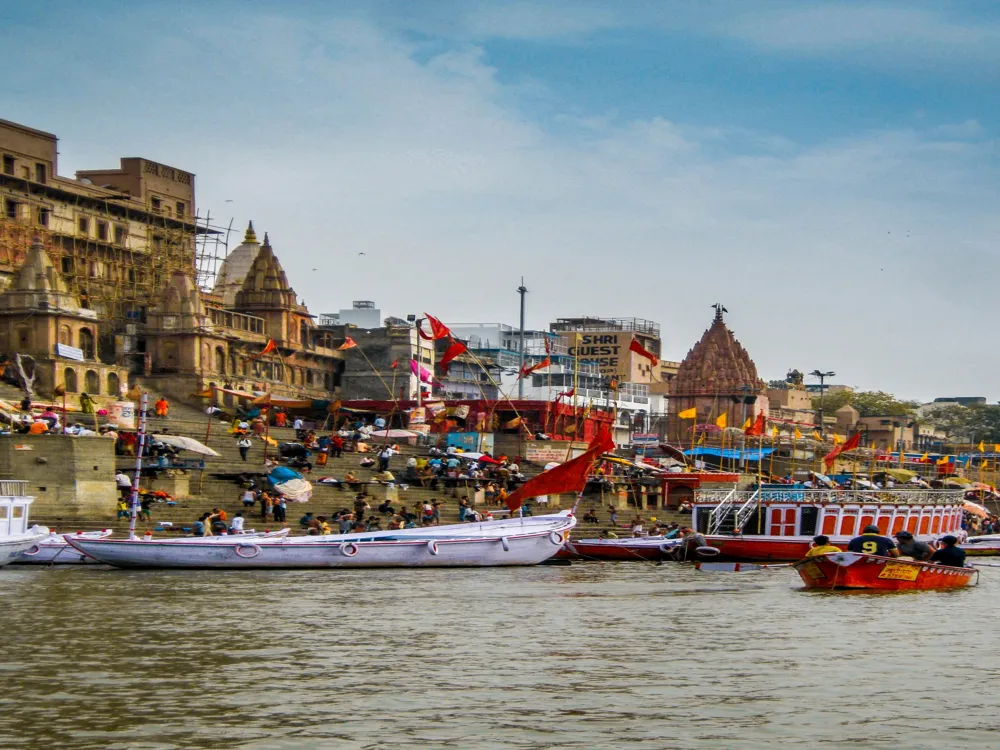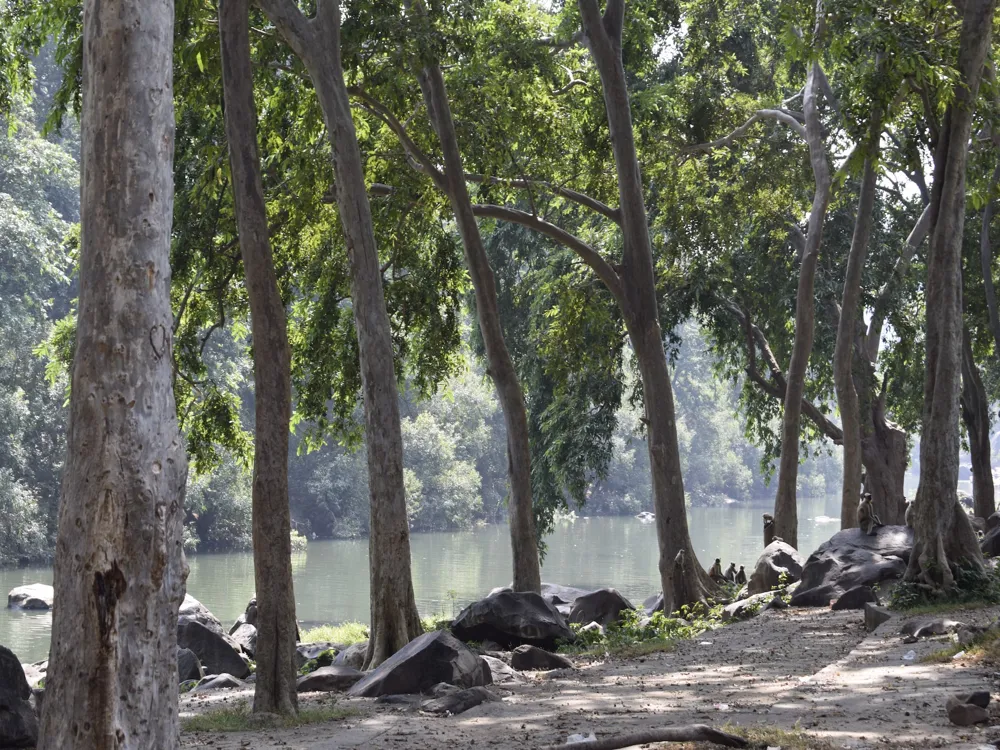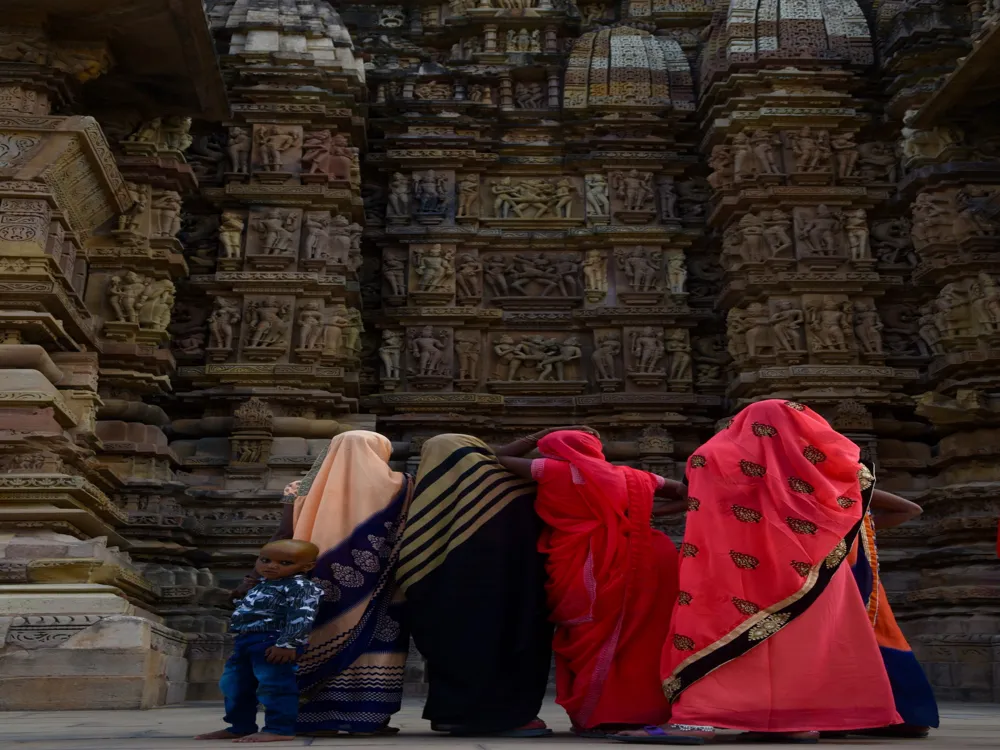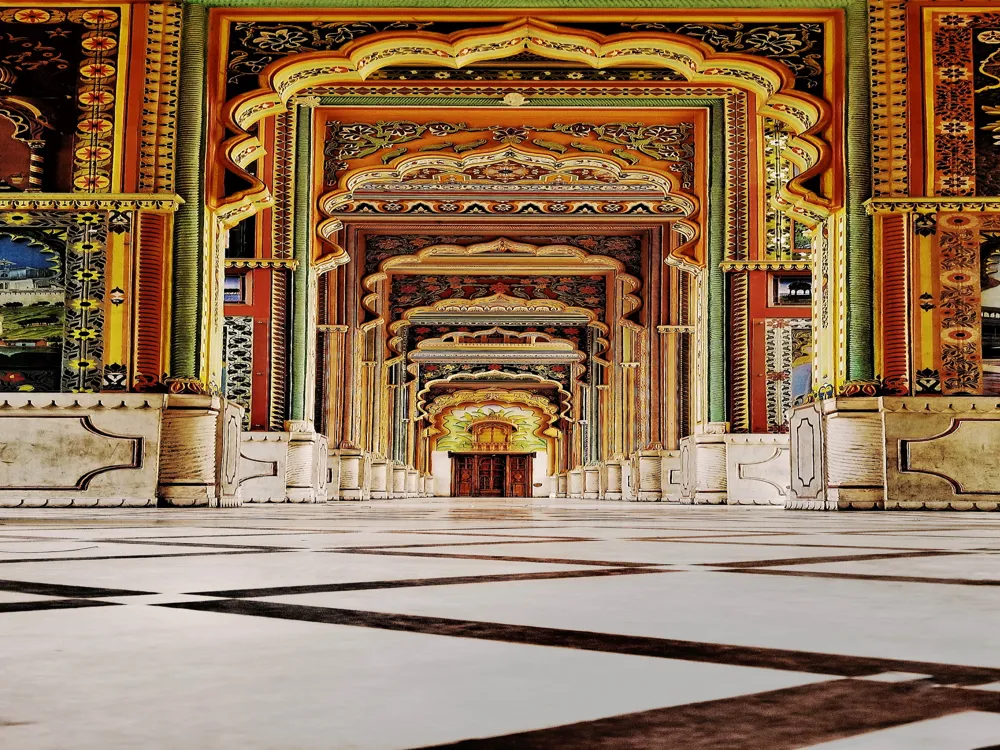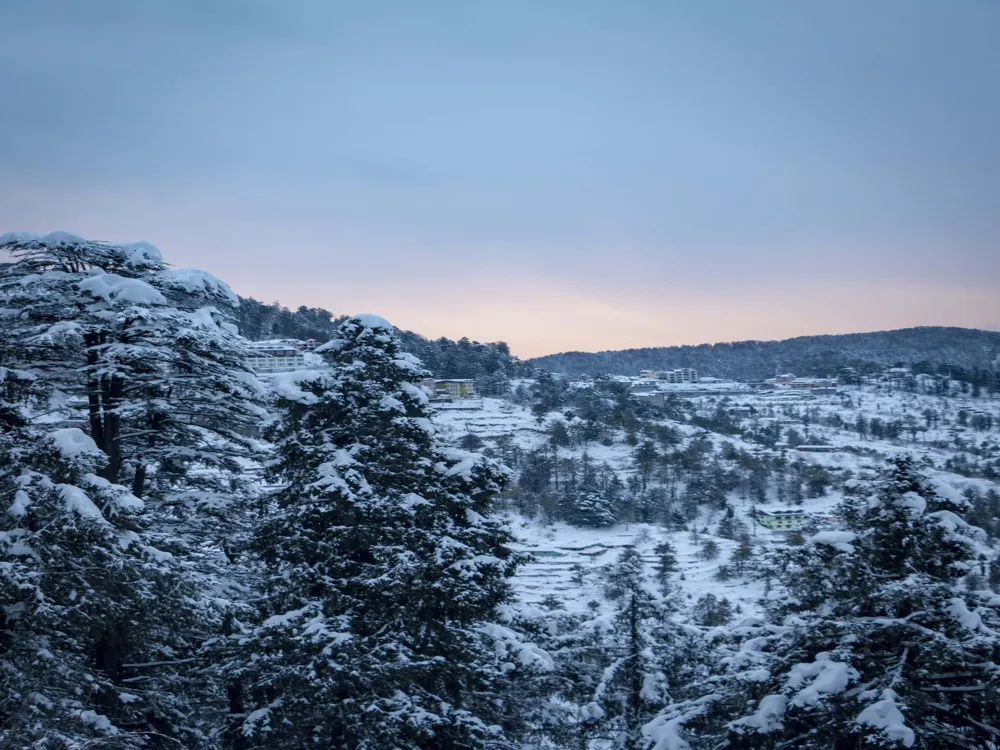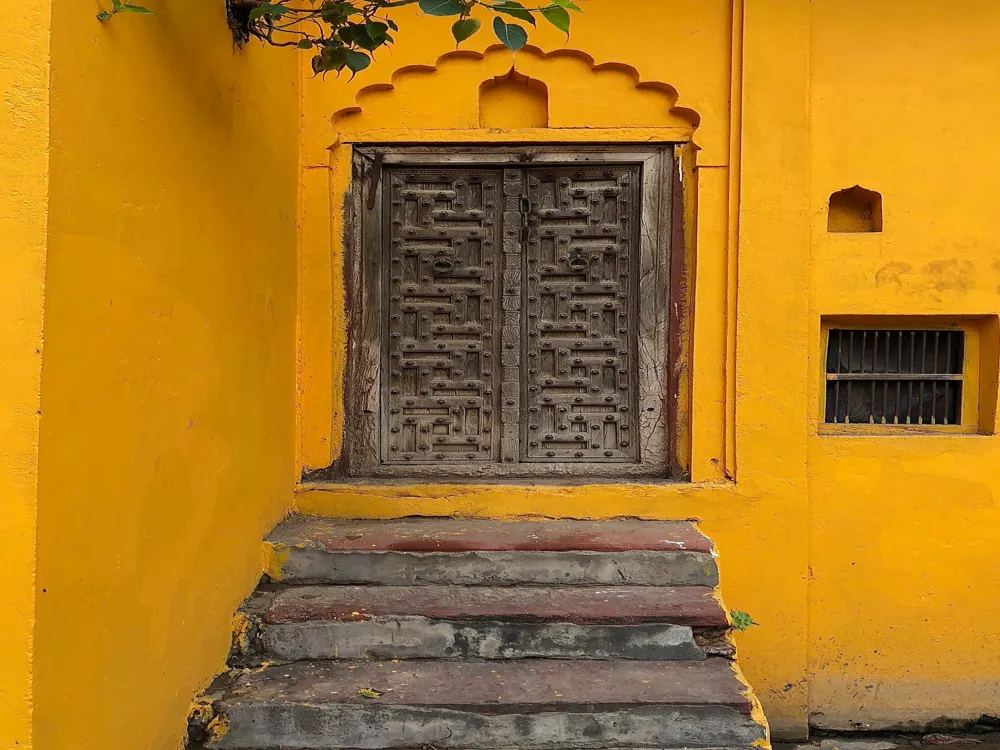Nestled on the eastern outskirts of Kanpur, Uttar Pradesh, Jajmau is not just a suburb but a repository of ancient history and cultural heritage. This historic town, also known as Jajesmow, dates back to around 1300–1200 BCE, making it a significant archaeological site. Jajmau holds a special place in India's rich tapestry of history, offering a glimpse into the country's diverse and prolonged historical narratives. The history of Jajmau is intertwined with the legendary epics of Mahabharata and the reign of the mighty king Yayati. It is believed that this town was the kingdom of the king, adding a mythical charm to its existence. Over the centuries, Jajmau has witnessed the rise and fall of various empires and has been a silent spectator to the evolving history of India. Today, Jajmau stands as a testament to the ancient world, offering insights into the early human settlements and civilizations that flourished in the region. The presence of ancient mounds and historical ruins speaks volumes about its past. The site is also famous for its leather industry, which has been a part of Jajmau's economy for centuries, showcasing the town's adaptability and resilience through time. For history enthusiasts and travelers alike, Jajmau offers a unique blend of historical exploration and cultural experiences. The town's serene environment, coupled with its rich past, makes it an intriguing destination for those looking to delve into the depths of India's historical grandeur. The architecture of Jajmau is a vivid reflection of its historical and cultural significance. The town is home to several architectural marvels that stand as a testament to the craftsmanship and artistic excellence of the past. One of the most prominent structures in Jajmau is the ancient mound known as Kila Mound, which is believed to date back to the era of the Gupta Dynasty. Kila Mound, surrounded by the Ganga River, holds immense archaeological importance. Excavations here have unearthed various artifacts, pottery, and structures that provide valuable insights into the life and times of the ancient civilizations that thrived in this region. The mound is a symbol of architectural resilience, standing tall against the test of time and natural elements. Another architectural masterpiece in Jajmau is the Siddhnath Ghat and Siddhnath Temple. The temple, dedicated to Lord Shiva, showcases intricate carvings and fine stonework, reflecting the religious and cultural ethos of the era. The ghat, leading to the river, offers a serene and spiritual ambiance, inviting visitors to experience peace and tranquility. The architecture of Jajmau is not limited to ancient structures alone. The town also houses several mosques, including the famous Atala Devi Mosque, which stands as a symbol of the Islamic architectural influence in the region. The mosque's design, with its detailed carvings and geometric patterns, exemplifies the fusion of Indo-Islamic architectural styles. The blend of religious and secular structures in Jajmau paints a diverse architectural landscape, showcasing the confluence of various cultures and traditions over the centuries. Each structure in Jajmau tells its own story, contributing to the rich architectural heritage of the town. The ideal time to visit Jajmau is between October and March, when the weather is pleasant, making it conducive for exploring the town's historical sites. Summers can be quite hot, and monsoons might hinder outdoor activities. Local transportation in Jajmau includes autorickshaws, taxis, and buses. For a more immersive experience, hiring a local guide or renting a bicycle can be a great way to explore the town's nooks and crannies. While Jajmau itself has limited accommodation options, Kanpur offers a range of hotels and guest houses catering to different budgets. Staying in Kanpur and making day trips to Jajmau is a convenient option for many travelers. Respecting the local culture and traditions is crucial. Dress modestly when visiting religious sites, and always ask for permission before taking photographs of the locals or sacred places. Indulge in the local cuisine, which includes a variety of North Indian dishes. Street food in Kanpur is a must-try, but ensure to eat at clean and reputable places. Staying hydrated is important, but it's advisable to drink bottled or purified water. Jajmau is well-connected to major cities in India, making it easily accessible for travelers. The nearest airport is in Kanpur itself, offering flights to major cities like Delhi, Mumbai, and Kolkata. From the airport, Jajmau is a short taxi ride away. If you prefer rail travel, Kanpur Central Railway Station is the nearest major railway hub, with trains connecting to different parts of the country. From the railway station, local transportation can be taken to reach Jajmau. For those traveling by road, Jajmau is well-connected via national and state highways. Buses and taxis are available from various cities to Kanpur, from where Jajmau is easily reachable. The journey to Jajmau is not just about reaching a destination but is an experience in itself, offering a glimpse into the heart of India's cultural and historical richness. Read MoreDiscover the Historical Essence of Jajmau, Kanpur
The Architectural Marvels of Jajmau, Kanpur
Tips for a Memorable Visit to Jajmau, Kanpur
Best Time to Visit
Local Transportation
Accommodation
Cultural Etiquette
Food and Drink
Traveling to Jajmau: A Guide
Jajmau
Kanpur
Uttar Pradesh
NaN onwards
View kanpur Packages
Kanpur Travel Packages
View All Packages For Kanpur
Top Hotel Collections for Kanpur

Private Pool

Luxury Hotels

5-Star Hotels

Pet Friendly
Top Hotels Near Kanpur
Other Top Ranking Places In Kanpur
View All Places To Visit In kanpur
View kanpur Packages
Kanpur Travel Packages
View All Packages For Kanpur
Top Hotel Collections for Kanpur

Private Pool

Luxury Hotels

5-Star Hotels

Pet Friendly







